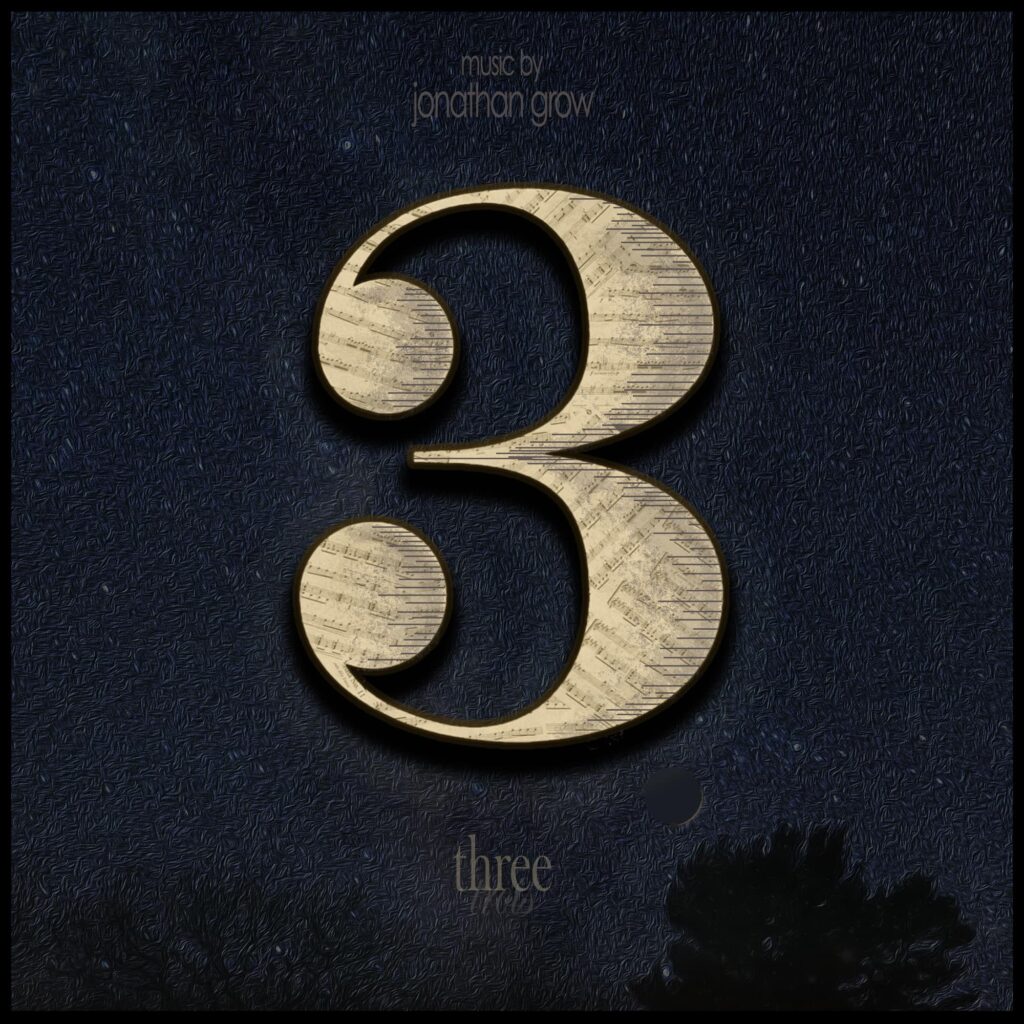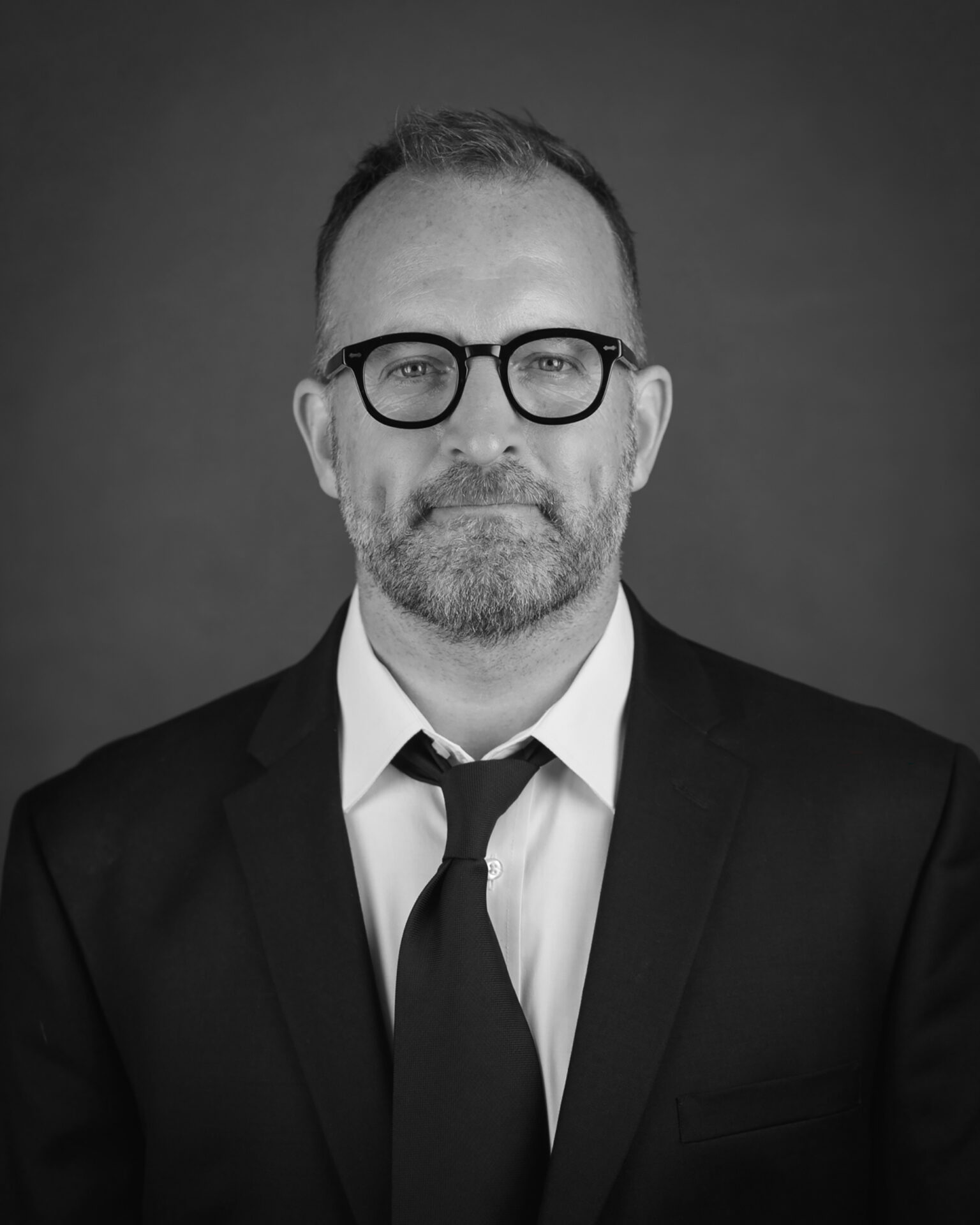Jonathan Grow, a pianist and composer, was up in a tiny Midwest town and started analyzing songs at the age of eleven. He also taught himself how to play the piano and started writing songs to communicate his own story. He was raised in live performances and choruses, and he carried on with his composing and singing throughout his time at college. After relocating to Nashville in 1996, he worked as a staff writer, background vocalist, session vocalist, and pianist. Since then, choral songbooks have published his compositions, which have also been recorded and performed in a variety of situations, including arenas and liturgies. Check out the exclusive interview below:
1. Can you tell us a bit about where you come from and how it all got started?
JONATHAN GROW: I grew up in the rural Midwest of the U.S.. I started music at a very young age. When I was 4 years old, my parents put a mic in my hand when they heard that I could harmonize. We traveled together – my parents, sister, two brothers, and I – singing together until I was in my teens. I grew up in choirs (my dad was a music teacher and choir director). I started teaching myself piano at 11, when I wanted to know how to play songs from the radio. I started composing simple tunes. Along the way, I picked up drums in high school, learned the trumpet and played in the band, orchestra, jazz band, marching, etc.
2. Did you have any formal training or are you self-taught?
JONATHAN GROW: Self-taught, mostly. I did learn some theory as a teenager when I learned to play trumpet. I tried taking piano in college because I thought it would help my technique, but I just couldn’t stick with it. Writing and composing, learning advanced theory – I just taught myself and figured out because I wanted to get the music inside my head out onto the page, into people’s ears. I’ve just sort of always heard music.
3. What do you feel are the key elements in your music that should resonate with listeners, and how would you personally describe your sound?
JONATHAN GROW: Delicate piano, sometimes lively. Usually an undercurrent of melancholy. I think it resonates with listeners because it feels real, true to the human experience; to what they experience in real life. I’ve always thought of my music as a sort of “score for the human experience”. I usually try to create beautiful, resonant melodies and lush, dramatic orchestration. I want to move people, yet in a way that mirrors an authentic human experience with all its ups and downs.
4. What’s your view on the role and function of music as political, cultural, spiritual, and/or social vehicles – and do you try and affront any of these themes in your work, or are you purely interested in music as an expression of technical artistry, personal narrative, and entertainment?
JONATHAN GROW: I once heard that it was Jean-Michel Basquiat who said this: “Art is how we decorate space. Music is how we decorate time.” It feels that there is some truth in that. No matter the topic or sphere of life, I think that music in general – but for me, instrumental music – is able to communicate that which words can’t always express. You know, we have our given language in whatever culture we live – but it’s so limited when it comes to conveying a feeling, an experience. Music can do that. Political, cultural, etc.? I think there’s a place for communicating in those spheres with music, sure. And it can be very powerful, because music just kind of hits you in a way that mere words, speech, can’t. I don’t generally write directly to those – I write more for the human experience overall. We have so many differences when it comes to politics, religion, etc. But the human experience – striving, failure, joy, love, kindness, hope, new life, mourning, and loss? We all share those experiences. Those are the experiences that matter to me – and I think to humanity – more than religion, politics, etc. Music can unite us, and it’s a common language that we can all understand. As I begin to do more work with film, I do have an interest in working on projects that I care about, which would certainly include social issues. Great question.
5. Do you feel that your music is giving you back just as much fulfillment as the amount of work you are putting into it or are you expecting something more, or different in the future?
JONATHAN GROW: For sure. It’s impossible (for me) to compose without it making an impact on me – my personal development as well as my development in the craft. It might actually give more back to me than I give to it.
6. Could you describe your creative processes? How do usually start, and go about shaping ideas into a completed song? Do you usually start with a tune, a beat, or a narrative in your head? And do you collaborate with others in this process?
JONATHAN GROW: I’ve heard music in my head since I was a young boy. People, places. I used to stand outside at night under the stars. That’s where I really began to hear music. So writing for me has always been trying to get the music that’s in my head and heart out and onto the page, onto the tape recorder, into my DAW. Into the ears of the listener, but my own ears as well. I used to always write away from my instrument. Only writing what was in my head – translating. I used to think it had to be inspired, had to be heard in my head first. I’ve since learned the joys of just plunking my hands onto the keyboard and letting the composing process happen out loud, in real time. Taking the turns that I feel like the music is telling me to. Often abandoning the motif that I started with – almost like getting it out of the way so that I could hear the real song that was trying to emerge all along. I do both – usually starting with a melodic line, a motif first, then letting my hands and heart fill in around it with countermelodies, harmonies, rhythms, ostinatos, etc. But it always happens that I just hear (in my head) what’s supposed to happen next, or some beautiful string line that’s going to set me up for some transition to the next movement.
7. What is something difficult you’ve had to endure in your life or music career so far?
JONATHAN GROW: One thing that has made an impact on my life and music career, and that has been learning to let go of old ideas, old paradigms that didn’t work anymore for me. Things which, in truth, never worked for me, but limited me and suggested that I wasn’t free to be my true self, and therefore create the kind of music that was truest to who I am. That was a painful, slow transition, but it’s been absolutely life-changing.
8. On the contrary, what would you consider a successful, proud or significant point in your life or music career so far?
JONATHAN GROW: Making the transition into creating the music that I’ve always wanted to create. Determining that it’s never to late to become a new, better version of yourself and make things happen, then creating your own momentum toward something new and beautiful. In life and music.
9. With social media having a heavy impact on our lives and the music business in general, how do you handle criticism, haters, and/or naysayers in general? Is it something you pay attention to, or simply ignore?
JONATHAN GROW: I realize that art is in the eye – and in this case, ear – of the beholder. Not everything is for everyone, so thank goodness there are a lot of us telling the same, human stories in our own unique ways. I expect criticisms along the way – some of them are true. We’re all in the process of becoming, of growing, you know? Some of them are just objectively wrong, and near-sighted. I try to consider which it is and learn from it or shrug it off. I don’t suffer the illusion that my kind of music is for everyone, and that’s more than okay.
10. Do you think is it important for fans of your music to understand the real story and message driving each of your songs, or do you think everyone should be free to interpret your songs in their own personal way?
JONATHAN GROW: Not necessarily. Some work I put out, I do want them to know the story. What would be the most fun is for them to tell me the story they hear in the music, then I can tell them the story behind it. I’m most interested in people hearing what they need to hear. I’m convinced that they usually hear a similar story – that’s the kind of music I try to compose. I once had a publisher insist on naming my songs for an album I had just finished. One in particular, which they titled “Aurora”, was a piece that I composed by remembering myself as a boy under the dark sky and stars, looking at the Aurora Borealis in the distance. I think story comes through in music more than we realize.
KEEP IN TOUCH:
FACEBOOK | TWITTER | SPOTIFY | BANDCAMP | WEBSITE | YOUTUBE

